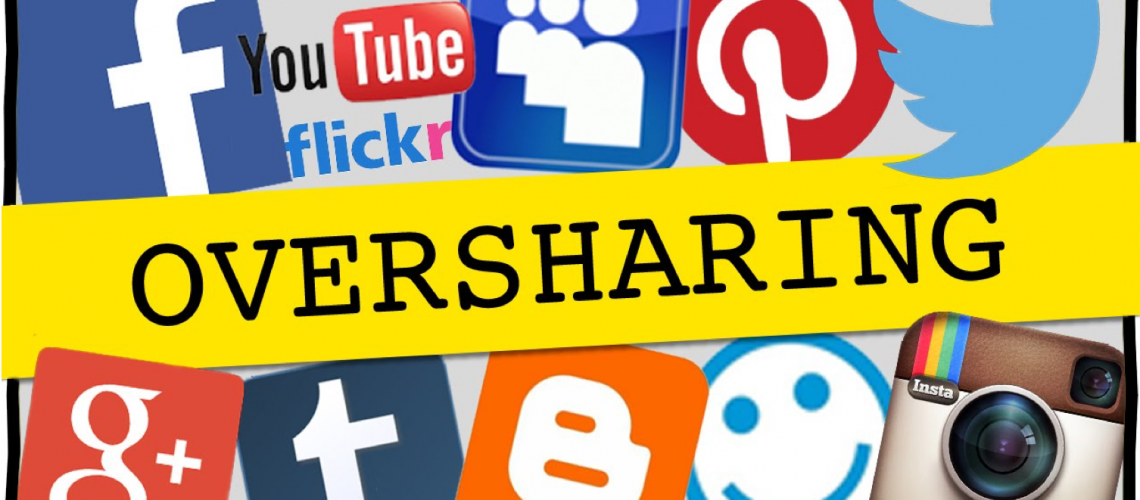Oversharing in Social Media, A Biggest Security Risk :
- Reports of heavy data breaches and hacked social media accounts are flooding on the web which are sold at peanut prices. Are you making it easier for cybercriminals / social engineering hackers to steal all of your information? Recent news reports tell us that Attacks are increasing with billions of personally identifiable records getting stolen and that they are increasing by 50% plus year on year and these Attacks are expensive, almost $575 billion in 2014 alone, we could say what could or not it’s in 2020.
- According to 2014 a study by Juniper Networks, more Twitter passwords are sold within the black market than credit card details. within the last month, we’ve got seen many over 130 famous Twitter accounts got hacked which include Mr. United States President, Mr. Barak Obama, Mr. Elon Musk, Mr. Bill Clinton, and Mr. Jeff Bezos.
- More Sophisticated Life, more the advanced you’re the more you’re watched. With the evolution of iPhone in 2007 iPhone and Samsung Galaxy S1, together with 3G Launched in 2008 the information produced was 0.79 Zeta Byes produced just for the year 2009 and compared to 35 Zeta Bytes of knowledge produced in December 2018 month alone.
- Every behavioural aspect of individuals is being monitored, documented & Harvested. It’s not about conversation or likes or dislikes, Algorithms can see through, suggestions of tagging, six rows of individuals in a cricket stadium. They document every finite detail of individual, It’s not just data, We are giving opinions, Moods and plenty of times we are sold as commodities to corporates, Some platforms are built to Sell Perceptions and Manipulate Perceptions which is further dangerous to a pluralistic and democratic country like India.
How much of you is on Social Media? :
- (a)Personally Identifiable pieces of information
- Your name
- Birthday
- Photograph
- b) Contacts
- Phone addresses
- Email addresses
- c) Location Data
- Listed location
- Tagged location on sites
- d) Billing Information
- Address
- Credit Card Information
- e) Employment Data
- Previous and current jobs
- Current co-workers
- a) GPS Location
- Wi-fi signal
- Bluetooth signal
- b) Phone Information
- Service provider
- Language
- Time zone
- Make and model
- Operating System (iOS / Android Etc)
- Battery percentage
- c) Social Media Habits
- Frequency of use
- Likes and interests
- Messages
- Photos shared
- Close friends vs acquaintance
Trolling Platforms :
- a) Social Media Platforms
- b) Internet Chat Rooms
- c) Email / WhatsApp – Groups
- d) Discussion Forums
- e) Blogs
What can Hackers do along with your Data :
- Spear phishing could be a highly targeted kind of phishing attack that relies on personalisation to trick victims
- Malware-laced emails don’t seem as risky once they consult with people or places that are familiar to you (e.g. names of friends, coworkers, employers you belong to)
- Attacks may be personalised supported your likes and interests and infrequently appear to be sent from “friends” or co-workers(IT department, bosses, executives, etc.)
- Use the identical password and email to undertake to access your banking account, email or business accounts to steal data
- Send spear-phishing emails to your employer or coworkers using your information or accounts
- Use information gleaned from social media to guess passwords or answer security questions on other sites (e.g. your pet dog’s name, place of birth, or mother’s surname)
- Reset passwords
- Charge a fee to regain control of your online identity or social media profile
- Ransom for embarrassing photos or private conversations
- Use current bank accounts
- Open new accounts
- Create false identities for criminals
Simple Steps for Using Social Media Safely and Securely :
- Use unique, complex passwords (special characters) for every social media account you own and change them periodically.
- Enable (2FA) Two Factor Authentication for all your social accounts
- Configure privacy settings for your social media platforms to control information sharing
- Never share sensitive information on social media platforms. (Financial, Login Credentials, Organisation and Personal Information) Your identity could be compromised
- Avoid clicking on suspicious links (Google Forms and Short Links) from unknown contacts
- Only connect with people that you know and trust in real life.
- Consent should be treated same way for all offline and online
Conclusion :
- Social Engineering Hackers are stealing our private words, actions, conversations, photos and making them public without consent, making public without context and making public without compassion. The good thing about social media is it gave voice to voiceless people, but we are creating surveillance society where the best way to survive in this connected society is to go voiceless, just in case we don’t know how to secure ourselves online.



